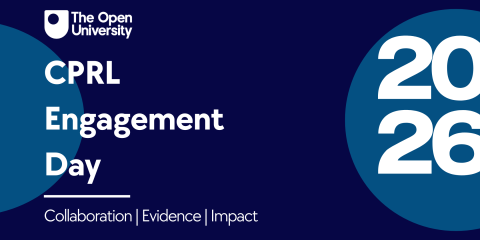2.01 Detecting grooming behaviour on social media
Academic team: Prof Harith Alani, Dr Elizabeth Cano, Dr Miriam Fernandez,
Policing partners: Dorset Police, Avon and Somerset Police, Lancashire Constabulary
Status: Complete
Online paedophile activity has become a major concern in society with the internet widely available to the general population and young people.
This piece of research looked into whether the different stages of online grooming behaviour could be automatically detected. The proposed approach combines Machine Learning (ML) techniques with existing psychological theories and discourse studies to better encapsulate existing knowledge of online grooming.
The results of this study demonstrate the effectiveness of this approach for the automatic detection of online grooming stages, opening new possibilities for addressing predator grooming behaviour online, and helping policing organisations to act in a preventive way.
Outputs
| Title | Outputs type | Lead academic | Year |
|---|---|---|---|
| Detecting child grooming behaviour patterns on social media | Executive summary | Alani, H | 2017 |
| Detecting grooming behaviour on social media | Presentation | Alani, H | 2017 |
| Detecting child grooming behaviour patterns on social media | Final report | Alani, H | 2016 |
News
What does the next decade of evidence-based policing look like? Join us for the CPRL Engagement Day on 21 January 2026
This event provides a collaborative and welcoming environment for shared practice, reflection, and strategic direction-setting. Together, we will explore how our partnership can drive forward the next generation of research, innovation, and professional learning across UK policing.
